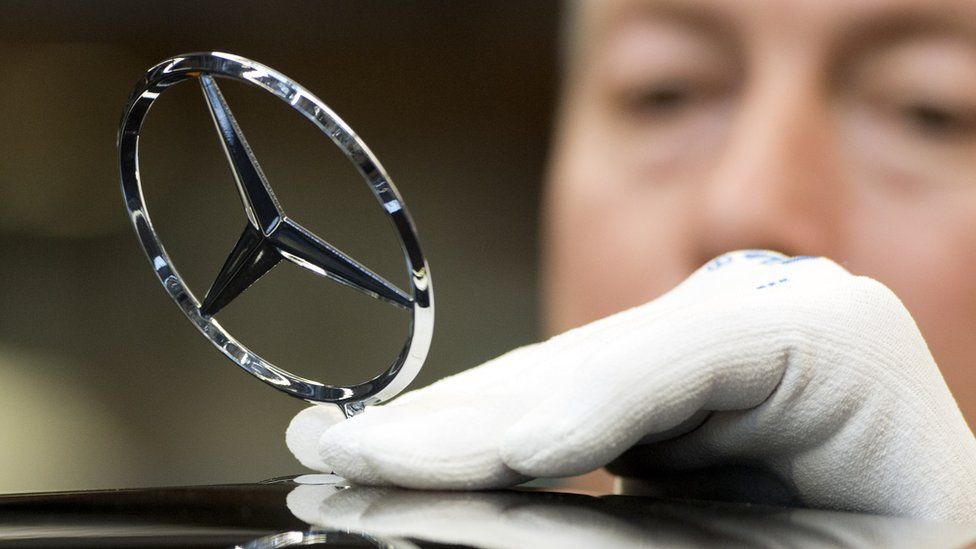Mercedes-Benz said on Wednesday it has teamed up with Google on navigation and will offer “super computer-like performance” in every car with automated driving sensors as it seeks to compete with Tesla and Chinese newcomers.
Carmakers are racing to develop software systems with tech companies that customers will recognise. But the car companies also want to keep control over their customer relationships as well as valuable data generated by their cars.
“Every single Mercedes from that point forward will have a supercomputer in it,” Chief Executive Ola Kaellenius said at an event in Sunnyvale, California, referring to the mid-decade launch of its new operating system MB.OS.
The carmaker generated more than one billion euros ($1.06 billion) from software-enabled revenues in 2022 and expects that figure to rise to a high single-digit billion euro figure by the end of the decade.
This is a more conservative estimate as a proportion of total revenue than others like Stellantis (STLAM.MI) and General Motors (GM.N) have put forward.
“We take a prudent approach because no-one knows how big that potential pot of gold is at this stage,” Kaellenius said.
Vehicles on Mercedes’ upcoming modular architecture platform will have so-called hyperscreens extending across the cockpit of the car and a comprehensive set of sensors for automated driving, Kaellenius said.
Mercedes-Benz is moving from a patchwork approach of integrating software from a range of suppliers to controlling the core of its software. But the company emphasised in Wednesday’s presentation that its strategy was to work with partners like Nvidia (NVDA.O) for autonomous driving and Google for navigation.
Under the Google partnership, Google Maps will be Mercedes-branded and provide drivers with Google traffic information and automatic rerouting, as well as the ability to watch YouTube on the cars’ entertainment system when the car is parked, or in Level 3 autonomous driving mode.
Level 3 driving, for which Mercedes-Benz has received certification in Germany and Nevada in the United States, allows a driver to take their eyes off the wheel on certain roads as long as they can resume control if needed.
Google and Mercedes-Benz also agreed to explore further collaboration with Google Cloud data and artificial intelligence capabilities.
Others carmakers like General Motors, Renault (RENA.PA), Nissan (7201.T) and Ford (F.N) have embedded an entire package of Google services into their vehicles, offering features like Google Maps, Google Assistant and other applications.
Self-driving sensor maker Luminar Technologies Inc (LAZR.O), in which Mercedes owns a small stake, said in a separate statement it had struck a multi-billion dollar deal with the carmaker to integrate its sensors across a broad range of its vehicles by mid-decade.
Shares in Luminar jumped more than 25% following the announcement.







